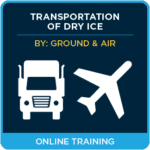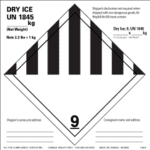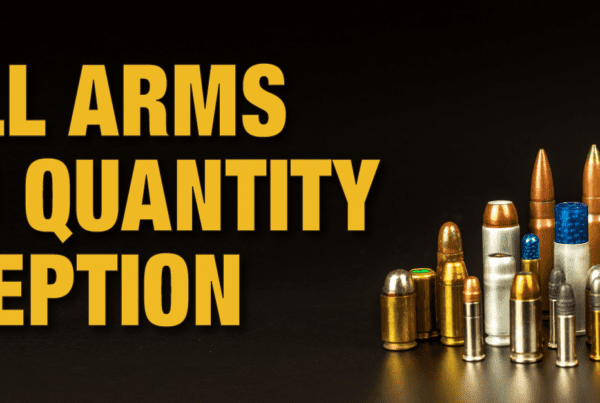With the COVID-19 vaccine rolling out around the world, IATA has released an updated guidance document (December 16, 2020) that was initially released in November 2020. Here are a few considerations supervisors/logisticians should think about when planning to ship or have employee’s handle/store vaccines:
- Downstream communication is key. Since vaccines must be transported in temperature-controlled packaging, which normally includes dry ice, IATA’s guidance document is also for packagers, handlers, and storage facility workers;
- Plan to refresh your dangerous goods training. ICC offers a variety of courses such as Shipping Biological Substances & Dry Ice and Shipping Dangerous Goods by Air;
- Confirm that, every step of the way, storage facilities have enough room and can properly store vaccines in temperature-controlled environments;
- Ensure compliances with National and Local Occupational Health and Safety Regulations when handling and storing large amounts of dry ice. Remember that CO2 (carbon dioxide) is a significant asphyxiation risk and can be deadly (signage may be required).
In the absence of any such OH&S regulations, ICC Compliance Center can help. If you require packaging materials, signage, or training, please contact us.
Click here to view the full Guidance for Vaccine and Pharmaceutical Logistics and Distribution Document. For more information on the transportation of the COVID-19 Vaccine, visit the IATA website.
We have all the products, services and training you need to ensure your staff is properly trained and informed.
 Shipping Biological Substances & Dry Ice Training Courses |
 Dry Ice, 6″ x 6″ Gloss Paper, Blank, 500/Roll |
 Frozen, Refrigerated & Dry Ice Kits |







 ICC USA
ICC USA ICC Canada
ICC Canada